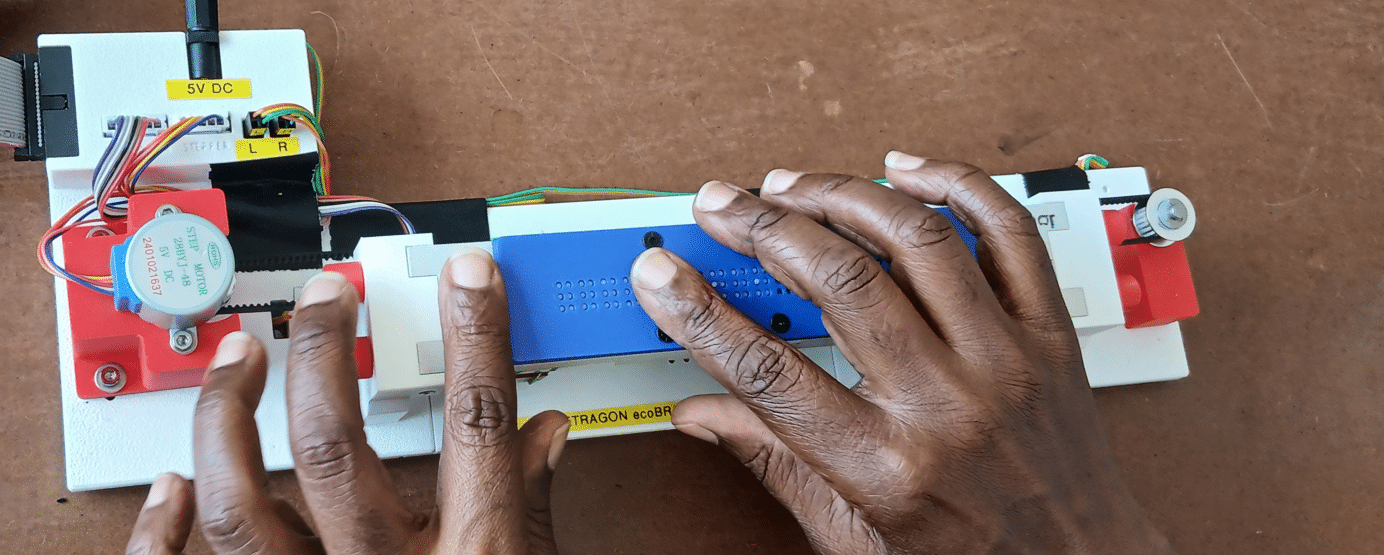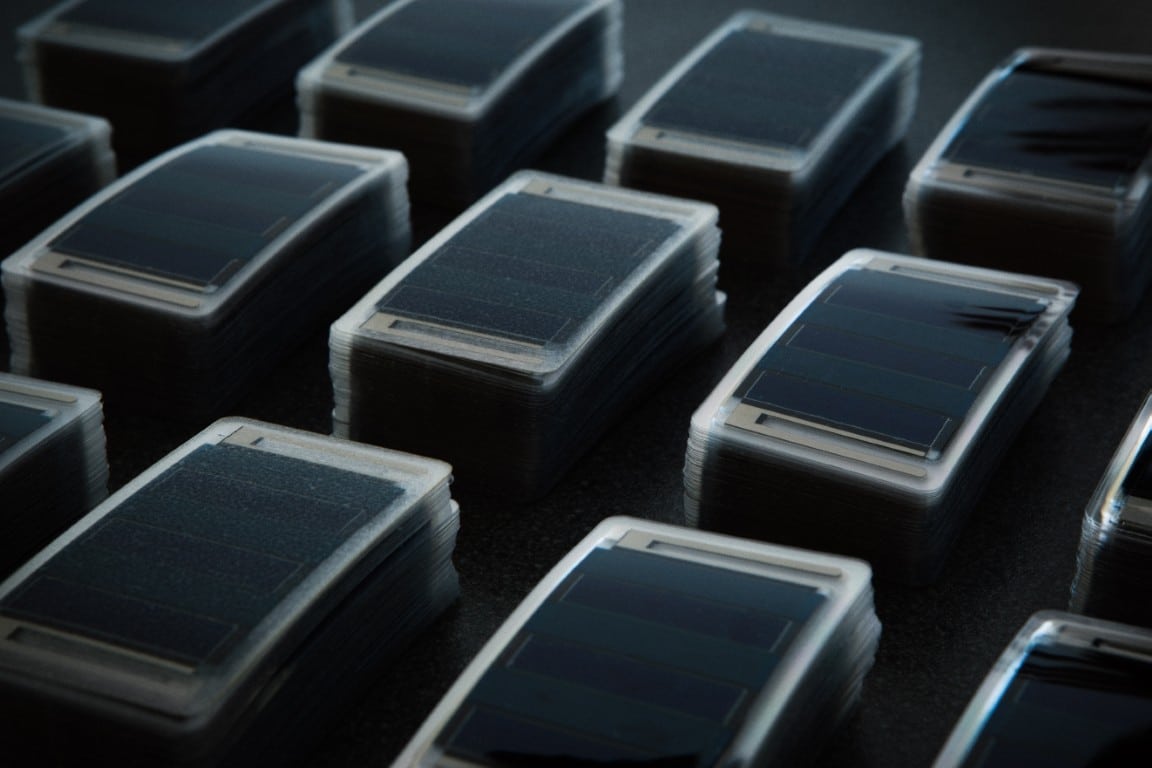Impact
This summer has been all about football. Spectators have just about recovered from the nail-biting European Championship final after Italy took the top spot from the England squad on home turf (to the dismay of 60,000 fans baying in the wings).
Now, with football on the brain, we meet Nikolaj Thomassen, founder of the Danish company, Next11 Technologies, which has developed a novel smart football tracking system for individual and team training. It is ready to be launched to the mass market this month.
What is football performance tracking? Despite football being the biggest sport in the world with the largest youth participation, Thomassen explains that until recent years, “video was the most advanced technology” for tracking players’ performance, and that was only utilised at the highest professional levels. When you compared football to how other sports, such as skiing and tennis, monitored their athletes, it seemed very conservative indeed.
As a former elite-level football player himself until the age of 18, Thomassen saw a gap in the market for a tracking system which would harness the latest technology, be straightforward and accessible for use by both players and coaches and, most importantly, be affordable for teams at all levels.
So how does iBall stand out from what is currently on the market? The key difference is cost, which could potentially make playing the sport to a high standard more achievable.
“Our tracking system is offered at a very affordable price, meaning that it democratises the use of data and analysis in football. Up until now, systems that track technical performance (passes, dribbles and so on), as well as what you do physically during a game and where you are on the pitch, would require a fixed antenna set up around the stadium or training ground. These also start at around 150,000 euros.”
Thomassen
In contrast, Thomassen’s team has developed a system that is fully portable, can be set up in a few minutes and is available for just 3,750 euros with VAT.
Thomassen explains, “The tracking system consists of the iBalls themselves, which are manufactured by our partners at Select. These have sensors in them that take the form of an 11 gram chip. The system also includes leg sensors for all players, and an ellipse-shaped receiving unit that sits on a tripod on the sideline and collects live data using Bluetooth Five. We also have an app which is a unique selling point as it allows both players and coaches to have access to this performance data.”

Not only are the iBall, sensors and receiving unit more affordable than available tracking systems, but Next11 Technologies’ solution is also far more accurate at calculating the workload of individual players.
“In terms of accuracy, recent studies have shown that our leg sensors track 1.5 times more movement than the GPS upper body systems which are currently used in matches, and as much as five times more in training.”
Thomassen
Of course, how this data is used is key. Next11 Technologies’ iBall system allows players to compare themselves to footballers in other teams, factoring in metrics such as height, weight and position, as well as allowing the team as a whole to size themselves up against their average performance. Importantly, however, players are not able to compare themselves to others within their own teams.
Very conscious of how unhealthy rivalries could arise between teammates, Thomassen explains, “We have a moral obligation to educate coaches about using this data in a positive way, as a carrot and not a stick, so as to avoid creating tension between players. This data holds the potential to be a very powerful weapon if not used correctly.”
As with any project, success could only come about once Thomassen had assembled the right team, and this meant international collaboration. The key players were the Danish football manufacturer, Select Sports A/S (who also have the cachet of making Derbystar, the official match ball for the Bundesliga in Germany), the German applied science research organisation Fraunhofer-Gesellschaft and the Munich and Berlin-based design and tech company Ming Labs, who acted as the project’s app development partners.
Bolstered by this team, Thomassen successfully applied for public research funding in 2016, which enabled him to springboard the project to a point where it was attracting the kind of attention sought after by all entrepreneurs.
“Without public funding and support, we wouldn’t be here. Private investors have been very interested in getting on board and continue to be for our upcoming funding round.”
Thomassen
What is most striking is discovering the vast positive impact iBall could have for the development of women’s and girls’ football as a sport, which still lacks the resources and investment afforded to the men’s equivalent. Thomassen says, “Girls’ football is really growing and they are so eager to learn and to practice, but they come from such bad pitches and are often given secondhand balls to play with. Our system will give them the chance to step up and use data to get to the next level, both as individuals and as a team”.
He explains that he is already seeing the impact of this: “We had one young woman using the system who is leaving us for Harvard: a Danish national player who was scouted at 19 and will be playing in the American League next year and attending school there. I don’t know of any 19-year-old boy to play at this level and be awarded this scholarship for Harvard.”
With this in mind, it is clear iBall has the potential to shape the future of football not just within Europe, but at a global level. For the product’s launch this month, however, Thomassen and the team at Next11 Technologies are focusing their efforts primarily within Denmark and other Northern European countries, where they can also be close to customers for troubleshooting and development purposes.
“Northern Europe has around 500,000 football teams, so we have a big market to be starting off with!”
Thomassen
As for the wider message to take away from iBall’s story, it is best articulated by Thomassen himself. “For new football players, I think tracking systems will become a completely natural part of the game. Although any new technology always creates some waves when it is first introduced to society, our platform is a very good example of how technology and data can be utilised on a much, much broader scale.”
By Georgia Tindale
Through our funding programmes, national/regional funding bodies support SMEs, large companies, universities and research organisations conducting R&D and innovation projects together beyond borders to achieve great results. Learn more about our programmes and discover whether we have a funding opportunity for your organisation.
Got an innovative idea? Explore our funding opportunities designed to support groundbreaking projects and help turn your vision into reality.
Secure the resources you need to bring your ideas to life.
See all open calls

